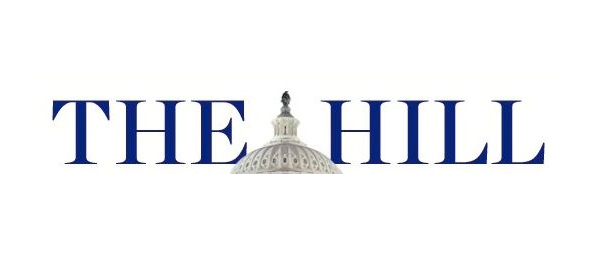Coauthored with Jorge Marin of Americans for Tax Reform. This op-ed was originally published at the Fairbanks Daily News-Miner on September 2, 2015.
For 30 years, America’s correctional policies put more people in prison and kept them there longer. This practice made our country the world’s most enthusiastic jailer by far. We have roughly 2.3 million people behind bars today, or nearly one in every 100 American adults.
The painful legacy of our incarceration spree includes billions of dollars in costs, fractured families and disappointing results. Fortunately, a movement driven by facts and common sense is now steering the nation onto a wiser, more productive path.
Momentum is strongest in the states where lawmakers are overcoming political differences to unite behind cost-saving reforms that ensure violent and chronic offenders go to prison but punish those convicted of nonviolent crimes through more effective alternatives.
Texas led the way with pioneering changes back in 2007. Facing overwhelming prison growth, Texas scrapped plans to build more prisons and instead invested in approaches proven to reduce reoffending. Since then, the state’s recidivism rate has dropped 25 percent, crime rates are at their lowest level since 1968, and the state has avoided nearly $3 billion in prison costs. The reforms have since spread coast to coast, from Mississippi in the Deep South to South Dakota in our country’s heartland and Oregon out west.
Now Alaska is poised to join this growing list. We heartily applaud the state’s decision to join the Justice Reinvestment Initiative, a data-driven reform process that’s been used by more than two dozen states to curb corrections costs while reducing offender recidivism and protecting public safety.
Under this initiative, the Alaska Criminal Justice Commission, a bipartisan, high-level group of practitioners and policymakers, has been taking a hard look at the state’s approach to crime and punishment, and finding ways to improve performance — for taxpayers, citizens and offenders alike.
The need for change is clear. Alaska is known as the Last Frontier, a unique land of stunning natural beauty, rugged individualism and free thinkers. But like so many other states, Alaska is not receiving an adequate return on its public safety investment.
The numbers speak for themselves. Alaska’s jail and prison system has grown by 27 percent in the last decade, nearly three times as fast as the growth of the state’s resident population. The state currently spends $334 million per year on corrections, 50 percent more than a decade ago. Despite this substantial investment, nearly two out of every three offenders who leave Alaska’s prisons return within three years.
Alaskans spent $250 million to build the Goose Creek prison, which opened its doors in 2012, and already the state’s prisons and jails are approaching capacity, with no end in sight. Absent reform, the state’s prison population is forecast to increase by more than 1,400 beds in the next decade, costing Alaskan taxpayers a minimum of $169 million in additional prison costs.
FreedomWorks and Americans for Tax Reform have united with other organizations to create the Coalition for Public Safety, a group dedicated to making our nation’s sentencing and correctional approach more just, fair and effective. Our alliance, which includes progressives and conservatives often at odds over other policy questions, has raised eyebrows and made headlines, but it demonstrates that criminal justice reform is not a partisan issue.
Criminal justice reform is long overdue, and its potential to improve public safety, keep families intact and control costs has already been proven in more than two dozen states.
In a time of tight budgets, this wisdom is the right fit for Alaska, which deserves a correctional system that makes the best possible use of taxpayer dollars — and delivers the best public safety results.


